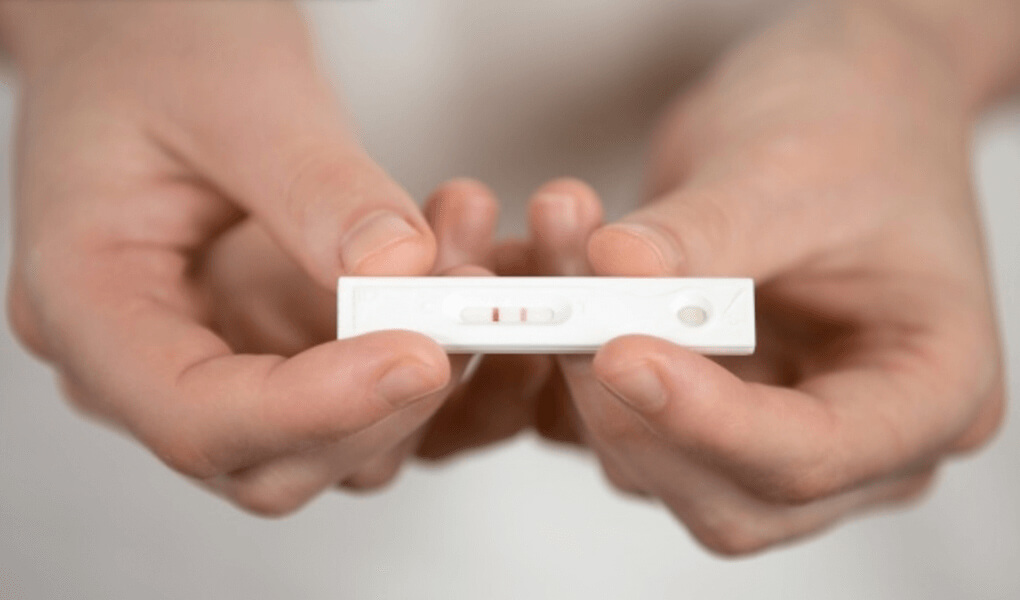Along with advances in modern medicine and advances in pharmaceutical technology, many medications have come into clinical use, facilitating IVF applications. Medications preferred during IVF treatment, which is one of the important treatment methods for infertility, are used to provide enough and size of follicle development in the ovaries. The follicle is called the structures surrounding the ovarian cells in the ovaries that nourish and protect them.
In women with a normal cycle, one follicle matures at each ovulation period. One egg from the maturing follicle is released by ovulation. Obtaining multiple follicles increases the success rates when using assisted reproductive techniques such as IVF and ICSI. For this purpose, the ovaries need to be stimulated. Various medications are used in the stimulation process, also called ovarian induction.
What are the medications used in IVF treatment?
Most of the medications used in IVF treatment are similar derivatives of hormones found physiologically in women. We aim to obtain a high number of egg cells by giving these hormones externally. Some medicines activate the physiologically active hormones and help us to obtain more egg cells. Oestrogen and progesterone hormones used before the embryo is placed in the uterus are also physiologically found in women. By giving these hormones from the outside, we make the inner wall of the uterus suitable for the attachment of the embryo. In summary, By giving hormonal medications and other supportive medications in different ways and doses, we perform the IVF treatment process and thus increase the success. Some of these medications are administered only as a needle; some of them can be applied in many ways. For example, orally as a tablet, through a patch of skin or directly from the vagina as a gel.
Do the medications used in IVF treatment gain weight?
Most women who will start treatment wonder if they can achieve weight control in IVF treatment. With the IVF medications, the ovaries are stimulated, and it is aimed to obtain an adequate number and quality of egg cells. Depending on the response of the ovaries, hormone levels rise in the blood, and as a result, some water retention may occur in the body. Due to the increased amount of water in the body, some of the patients may feel like they are gaining weight. Fortunately; Following the egg collection, hormone levels in the blood rapidly decrease to normal levels and excess amount of water accumulated in the body is excreted. For this reason, it would not be correct to say that the medications used in IVF treatment lose weight. If a patient in the treatment process feels that he is gaining weight, it can easily be said that this is a temporary condition.
If pregnancy has occurred after treatment, the expectant mother should regularly visit the doctor and stick to the nutrition program recommended by the physician. It is important for both the baby and her own health to be conscious about the weight gain during pregnancy.
Do the medications used in IVF treatment cause different diseases?
Our patients ask us from time to time whether the medications used in IVF treatment cause serious diseases. It is possible to say this briefly; Medications used in IVF treatment have not been shown to cause serious diseases. However, the medications used can cause certain side effects. Among these side effects; nausea, headache, a feeling of bloating in the abdomen, abdominal pain, flushing. These side effects are generally mild and are seen only in some patients. These side effects regress rapidly after medication treatment is finished.
In rare cases, due to excessive stimulation of the ovaries, a table called ovarian hyperstimulation syndrome (OHSS) can occur. In these cases, the ovaries grow larger than expected, and patients may show symptoms such as bloating and pain in the abdomen, nausea and vomiting. Fortunately, while most of these cases resolve with outpatient follow-up, some patients need to be monitored under observation at the hospital.
You can contact us on 444 39 49 for all your questions about IVF treatment.





Be the first to comment